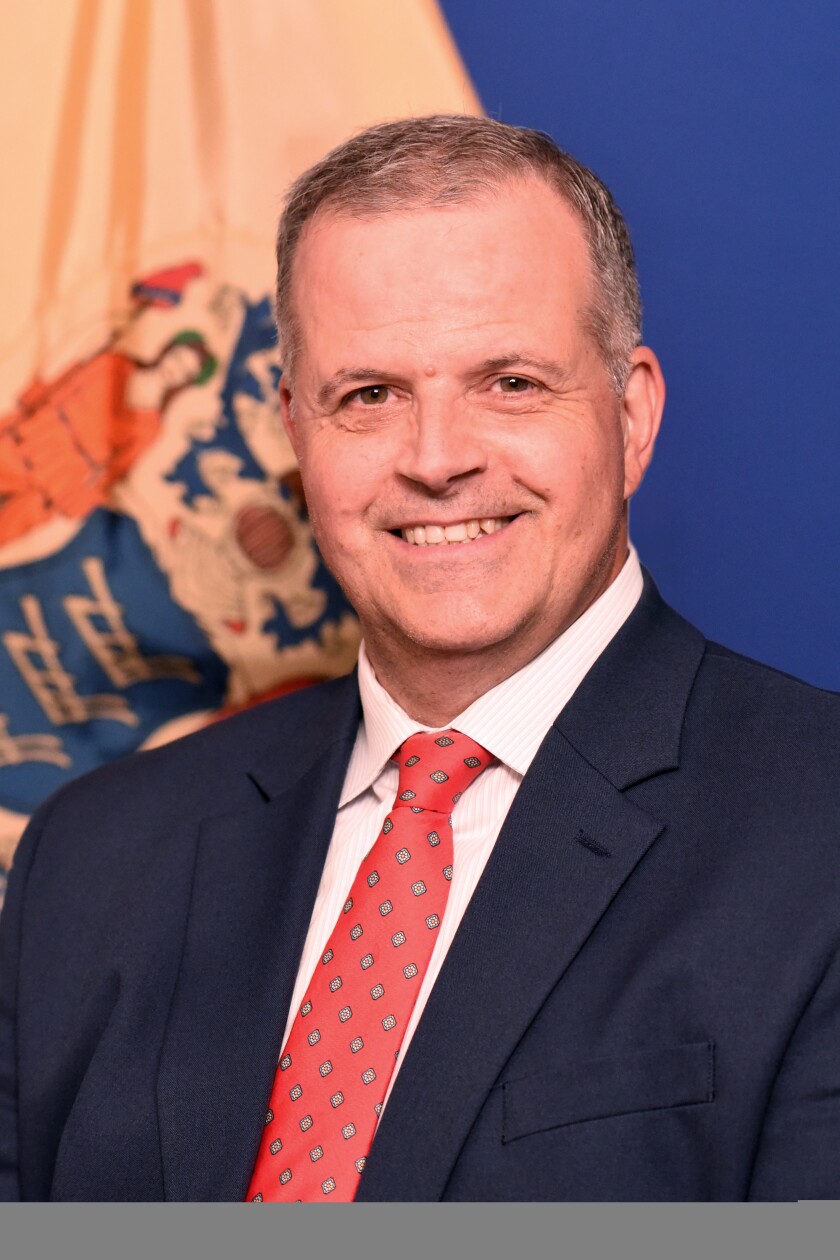
The new executive will be the state's second dedicated chief technology officer after Dave Weinstein, who stepped down in January. Prior to Weinstein's appointment in June 2016 by then-Gov. Chris Christie, the CIO and CTO positions were held by one person.
Rein was most recently deputy director of the state Office of Homeland Security’s Cybersecurity and Communications Integration Cell, its central location for “cybersecurity information sharing, threat analysis and incident reporting.” There, he was also the state’s deputy chief information security officer.
That’s a somewhat similar path to the one followed by his predecessor, former CTO Dave Weinstein, who joined New York cybersecurity company Claroty in May as its vice president of threat research. Weinstein came to NJOIT from the state Office of Homeland Security and Preparedness, where he was its CISO and chief cybersecurity director.
Before coming to the public sector, Rein was vice president and chief information officer for nearly eight years at CSI Technology Group, a software development company that focuses on “law enforcement, regulatory and judiciary” customers, the state said. Rein was also CTO for the New Jersey State Police from 2004 to 2010, according to his LinkedIn profile.
In a statement, Murphy praised Rein’s experience and “impressive background” in information security.
“As we move toward reestablishing New Jersey’s innovation economy, I look forward to calling on Chris’s expertise to help us provide 21st century services and solutions for state government and the residents who utilize our services,” Murphy said.
Rein said he considers himself “honored and blessed” by the new opportunity and called NJOIT a “critical asset” with a “dedicated and talented staff.”
“My goal is for OIT to more securely and efficiently enable innovation, access, and service delivery to the people of New Jersey,” Rein said in a statement.
That may include further progress toward realizing the aim of Executive Order No. 225, signed on June 1, 2017, by former Gov. Chris Christie to centralize state IT. Since then, Weinstein worked with more than 70 state agencies to inventory their assets and centralize common IT functions and operations.
“There was definitely a strong need to adapt to some major technological trends that are happening in the marketplace,” Weinstein told Government Technology in January, indicating NJOIT made “great strides” toward fulfilling that mission, both internally and on an executive level.








